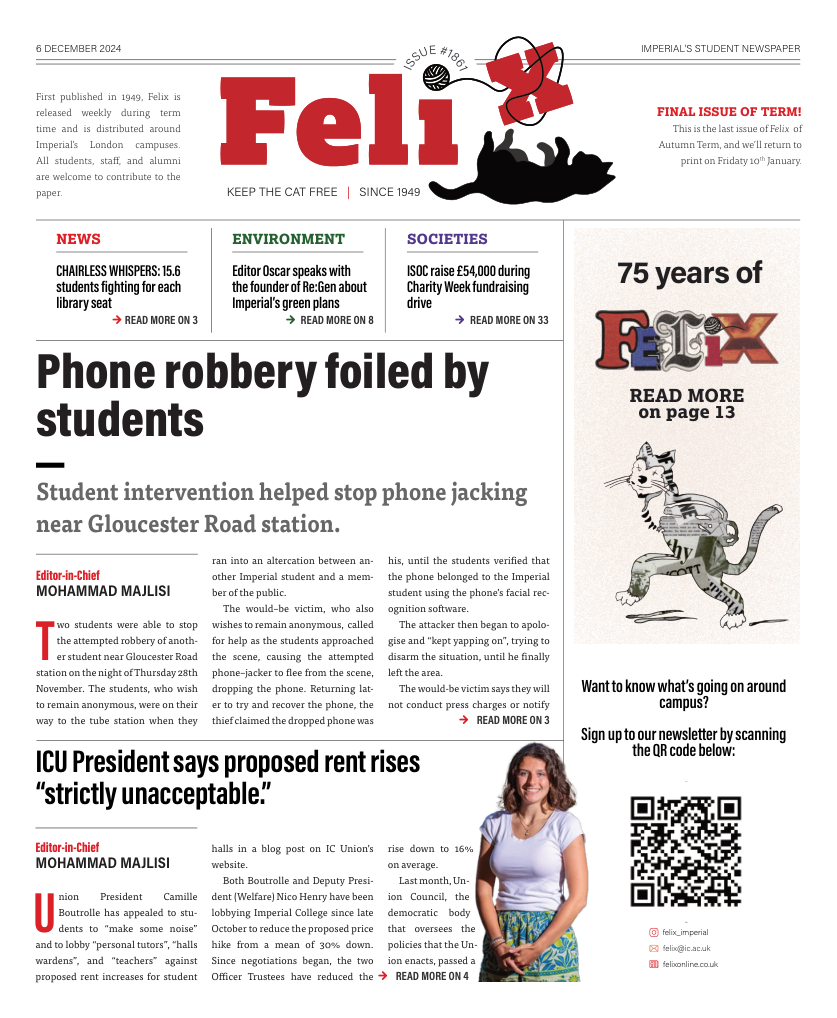ESG initiative mandates burning of all books
In a bold push towards sustainability, the Labour Government has unveiled its latest environmental policy to reduce the waste caused by the paper industry. On Sunday 1st December, Labour MP Feb Senton announced plans to "burn all books" in an effort to "cure sustainability" and expedite the UK's transition to a digital future. Senton declared the 24th as "Flame Day", a nationwide event where all British residents are mandated to gather at their nearest park and incinerate every paper item they own.
Under the new legislation, the UK will shut down all printing factories in the country and stop importing paper. Senton, summing up the spirit of the policy, finished his speech with "Prioritise progress over nostalgia". The mandate has caused a divide both in the British population and globally. On X (formerly Twitter), the hashtag #ProgressOverNostalgia has started trending, heeding Senton's creative slogan.
Much of the excitement is coming from Imperial freshers, who, in their wokeness, embraced the policy for its "eco-consciousness". Notably, all the freshers could be seen with their newly purchased iPad Air 5's in arms around campus. At the South Kensington Campus, Design Engineering students have already banded together to collect textbooks and dump them in Prince's Gardens. Imperial students have commented that they see it as an excuse to abandon reading altogether, pledging to go "anti-waste", and instead to consume media primarily in the form of six-second clips.
A countermovement to the policy has also emerged, with protesters burning Kindles, laptops and tablets in defiance, arguing that books are essential to the fabric of a society's culture over generations, and represent the evolution of human thought. This movement argue that books to not contribute to majority of the UK's waste. Some have even rebuked the policy as hypocritical, saying they believe burning books may contribute more emissions than printing books has.
In response to backlash, the Labour government have released a statement clarifying that "paper-based documents in museums will not be burned for practical reasons – none of the admin team know how to use a scanner".
Still, the government's stance is firm: by January 2nd, inspection teams will begin searching homes to ensure households do not have paper items. Offenders will receive warnings and fines for up to three violations, after which residents may be penalised with jail time up to seven months for a minor offence. Imperial College did not respond to multiple requests for comment.








